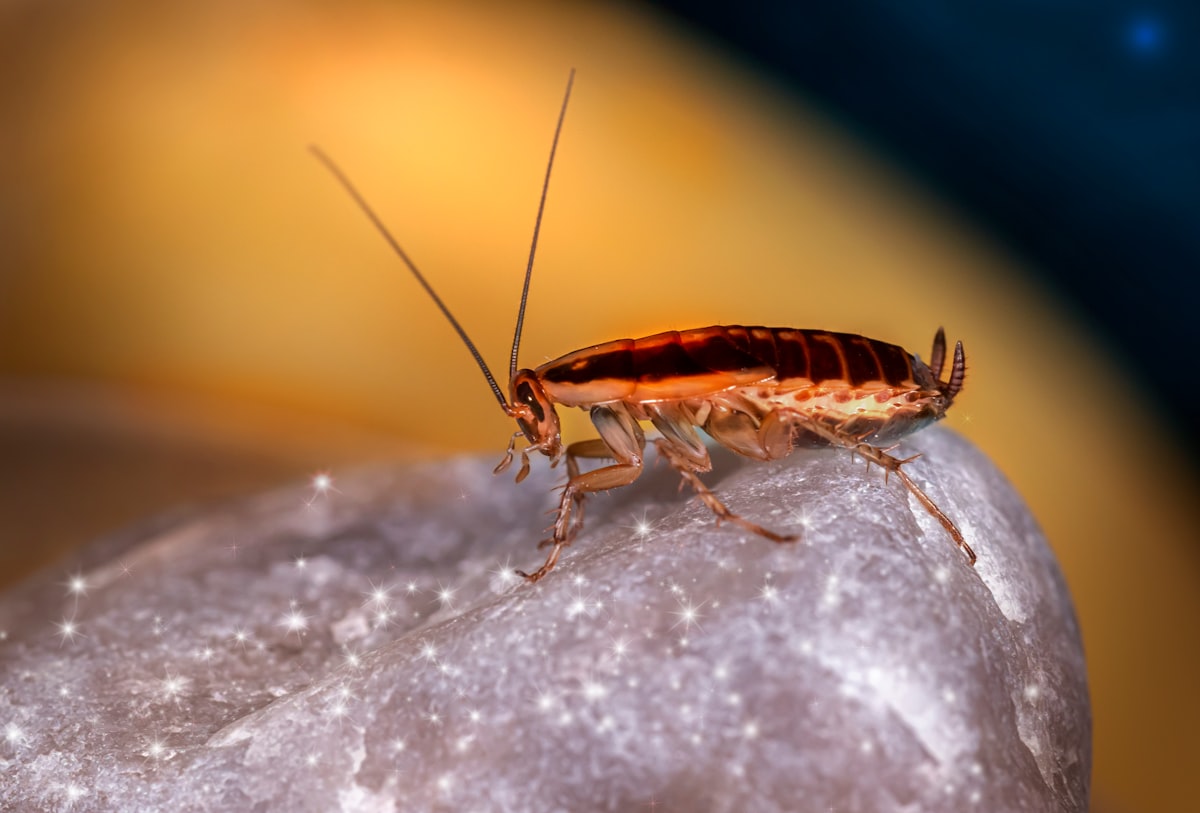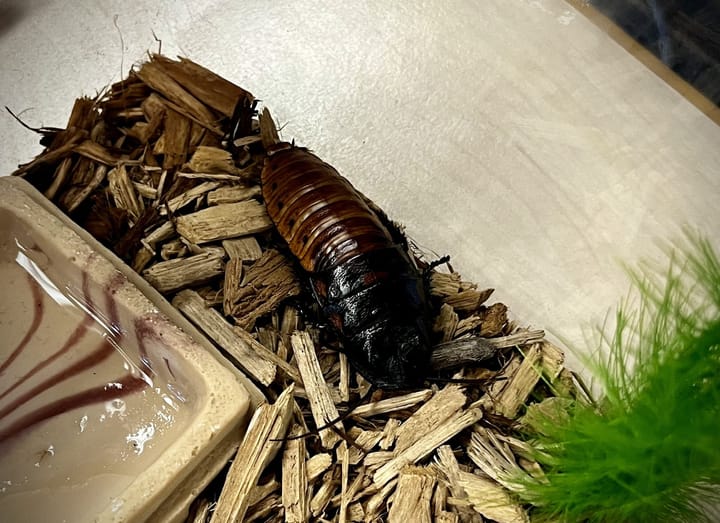You Might Have Bugs in Your Ears
The inside story on insects in your ear canal.


Many of us have heard the story of spiders laying eggs in an ear, which then hatch and release brain-eating baby spiders into the ear canal. While this may not entirely be true, many bugs do make their way into people's ears.
Earwax has certain chemicals called volatile fatty acids, which are also found in fermented bread, cheese, and beer. Some insects, such as cockroaches (Blattodea), are attracted to the smell of these chemicals.
Sometimes, the cockroaches travel too deep to easily extract. Most cockroaches can live over a week without food and water, so this painful experience might last a while. If the roach is pushed too far down, it can lead to hearing loss because the insect is blocking the entire ear canal. Two cockroaches that can detect the volatile fatty acids from a long distance are the American cockroach (Periplaneta americana) and the German cockroach (Blattella germanica), both of which have been known to do this.

The American cockroach (Periplaneta americana) is the hardest to kill. These cockroaches can survive compressive weight up to 900 times their body weight, survive in temperatures from 20°F to 120°F, hold their breath for 40 minutes, and go without food for over a week. This means that if they get into someone's ear, they're going to have a hard time getting it out.
While cockroaches might be the most difficult to remove from the ear canal, they are far from the most painful. The worst thing you can possibly get in your ear are spiders, which lock themselves in with webbing and will bite the inside of the ear when disturbed by movement. The ears are very sensitive and control balancing and hearing, so biting is both damaging and extremely painful. If anything in the ear is scratched, it can lead to the rupturing of the tympanic membrane, which separates the middle and inner ear. If the scratch goes deeper, the eardrum itself can be ruptured, causing immense pain and hearing loss in that ear.

If the bug inside the ear drum bites or scratches too much, the ear canal can become inflamed and cause labyrinthitis. Labyrinthitis can lead to balancing problems such as vertigo and imbalance.
Killing the bug isn’t necessarily the best solution either. If the bug is killed in your ear, it can lead to an infection. Many bugs — in particular, cockroaches — are filled with bacteria that can cause severe ear infection if introduced to the ear canal.
So if a bug tries to get in your ear — don’t let it. Some preventative measures to keep insects out of your ear canal include not eating food close to a sleeping space, as food scraps attract ants and other insects who could go after the ear wax. Cleaning your ears regularly helps prevent bug-attracting earwax buildup. If you follow these tips, you’re well on the way to keeping your ears bug-free.





